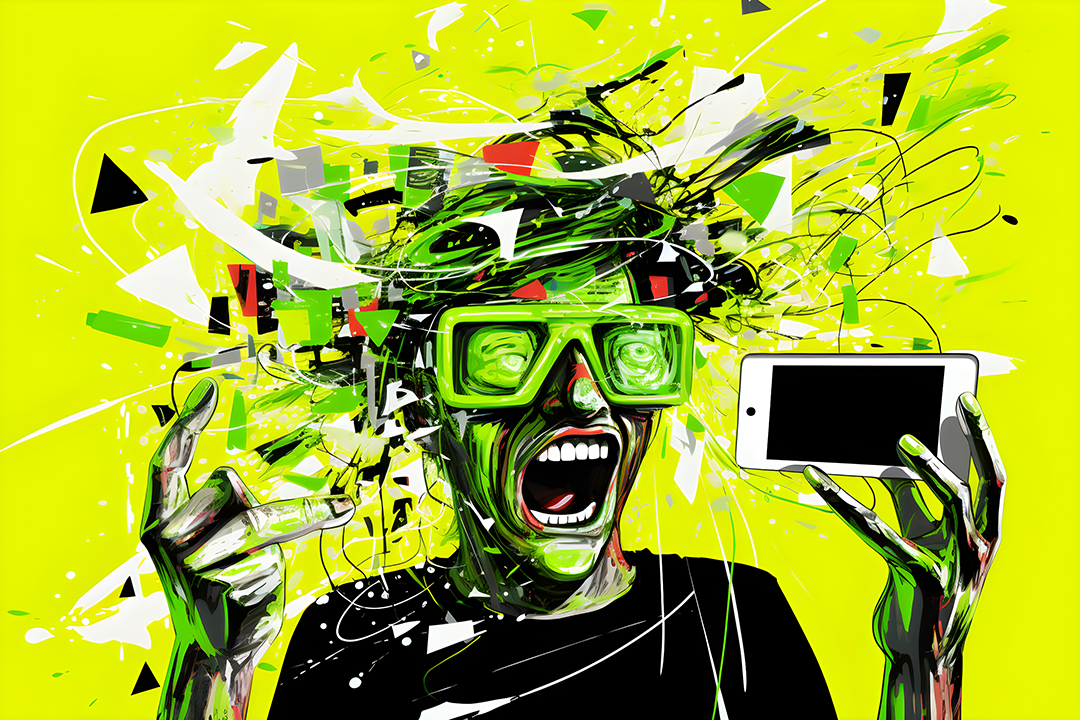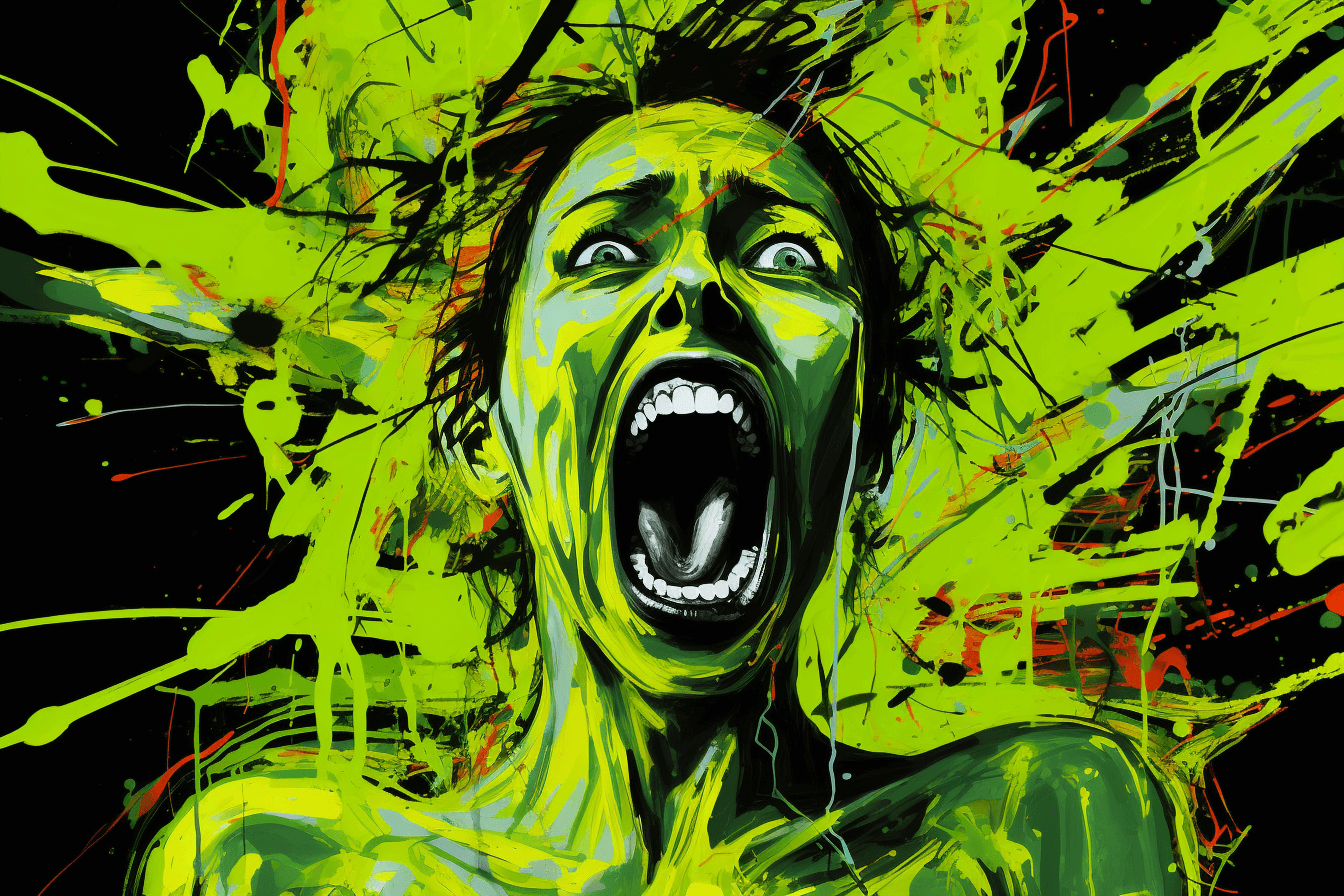Disconnected in a Connected World: The Rising Epidemic of Isolation in the Digital Age
The Paradox of connectivity: Why we're more connected than ever, yet more lonely and isolated than ever before.
In today's world, we are more connected to everything than ever before. We can instantly communicate with anyone, anywhere in the world, and access an almost infinite amount of information at our fingertips in a split of seconds. At the same time, we are the loneliest and most isolated humans in history. Yet, despite the unprecedented level of connectivity and inventions in tech, we have never been this connected and disconnected simultaneously. Some studies have shown that loneliness is at epidemic levels, with up to 50% of adults reporting feelings of loneliness or social isolation.
There is a growing fear and disconnect of natural processes like pain, birth and death in our western culture, which has lead us to avoidance, high consumption of painkillers and a thriving trigger warning culture.
It's not only true social interactions we are lacking; humans are increasingly becoming more and more disconnected from nature and our bodies as well. With the rise of technology and industrial urbanization, where we are forced to live closely with strangers in large square unnatural establishments with artificial ventilation, many people spend more time indoors, in front of backlit screens and with smart tech as our only company and intuitive aids, instead of using our smart tech (our biological code and bodies), and in so having less contact with the natural organic world and ourselves. Additionally, our western culture has a growing fear and disconnect of natural processes like pain, birth, and death. This has led us to avoidance, high consumption of painkillers, and a thriving trigger warning culture.
There are several reasons why this paradoxical situation exists for us. Firstly, the rise of social media has given us the illusion of connection without the depth and intimacy of true social interactions. For example, we may have hundreds or thousands of "friends" on social media, but these relationships are often superficial and lack emotional depth. This can lead to a sense of disconnection and loneliness, even when we are surrounded by people online.
Secondly, technology has made it easier for us to avoid face-to-face interactions and retreat into our own private worlds. For example, we can order food, shop, and entertain ourselves without ever leaving our homes or interacting with other human beings. This can be particularly damaging for people already vulnerable to loneliness, such as the elderly or those with disabilities.
Thirdly, the pressure to be constantly connected and available can lead to burnout and a sense of disconnection from ourselves. As a result, we may feel like we are always "on" and never have the chance to truly disconnect and recharge.
So, what can we do to combat loneliness and isolation in a more connected world than ever before? One solution is prioritizing meaningful social interactions and cultivating more profound, intimate relationships. This can involve making time for face-to-face interactions, joining groups or clubs based on shared interests, and actively seeking out opportunities to connect with others IRL.
Another solution is to take time for self-care and introspection and to disconnect from technology and social media when necessary. This can involve taking a break from social media, practicing mindfulness or meditation, and prioritizing self-care activities like exercise or creative pursuits.
For anyone looking to downsize their time spent on social media, I recommend the book "Digital Minimalism" by Cal Newport. The book shares some excellent insights and advice on using social media and time-consuming apps more to your own benefit. For example, after reading the book and following some advice, I use social media privately around 1-2 times a week. The trick for me was to remove everything that tried to steal my attention and delete all "friends" I never see or talk to in real life, and in so, mimicking my social media with how it actually looks in real life.
In conclusion, the paradox of being more connected than ever but feeling more lonely and isolated than ever is a complex and multifaceted issue. By recognizing the importance of meaningful social connections and taking steps to prioritize our well-being, I hope we can work towards creating a truly connected world in a deep and meaningful way.




